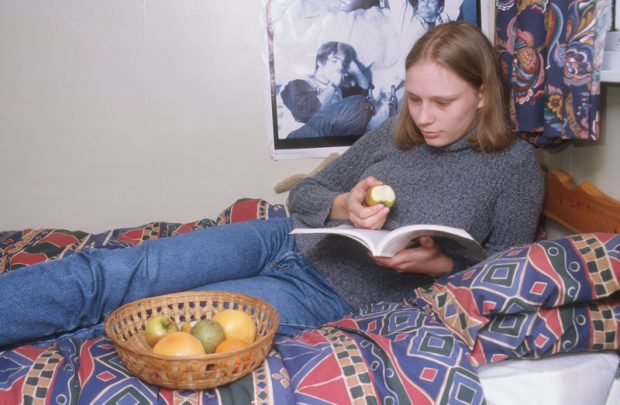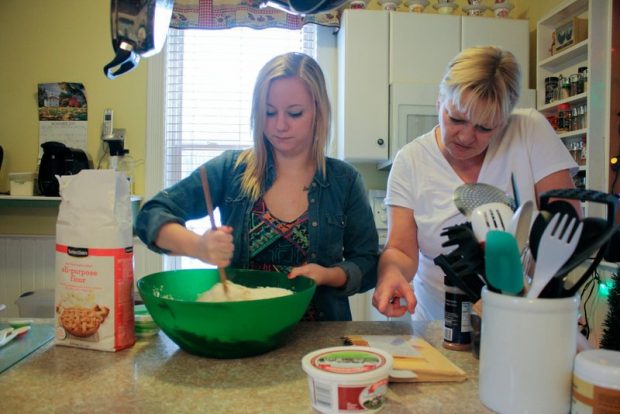
Shaun Common, Ofsted’s Senior Officer for the Secure Estate, discusses secure children’s homes.
The justice committee’s inquiry into the impact of COVID-19 on youth justice has shone a light on the children’s secure estate. As in other areas, it’s clear that the pandemic has posed real challenges for the sector and has been exceptionally difficult for some of the children within it.
Ofsted both inspects and regulates certain parts of the youth justice system. We inspect secure training centres with Her Majesty’s Inspectorate of Prisons (HMIP) and the Care Quality Commission (CQC). And we support HMIP’s inspections of young offender institutions by looking at the quality of education on offer.
One area of the secure estate that tends to get less attention is secure children’s homes (SCHs). SCHs are a small, but nonetheless very important part of the system and Ofsted’s work. We regulate SCHs and under normal circumstances inspect them – but at the moment inspections are suspended because of the pandemic. However, we can still go in to inspect when we have concerns – around safeguarding, for example. We also get regular updates from government, secure homes themselves, and the Youth Custody Service (YCS).
What are secure children’s homes?
Children are placed in SCHs either by local authorities or the YCS. Local authorities place children in SCHs when children are a significant risk to themselves or others, and no other type of placement can keep them safe. The courts decide whether a child can be placed in an SCH and for how long. And the YCS place vulnerable children in SCHs when they are remanded to custody by the courts or are serving a custodial sentence.
Children placed in SCHs usually have a range of complex needs. Many are looked after by local authorities and frequently go missing. They are likely to have had a number of placements that have broken down, missed a lot of education, have unmet emotional and physical health needs and have suffered a great deal of trauma in their lives. SCHs provide a safe place where these very vulnerable children can receive the care, education and support that they need.
Ofsted’s role
Our dedicated national team of inspectors usually inspect SCHs twice a year. We go into SCHs more regularly than other providers because we recognise the unique and specialist nature of these homes and how vulnerable this group of children is. Close scrutiny in any closed environment is vital. Our inspection reports provide placing authorities and the Secretary of State, who has responsibility for approving SCHs to restrict children’s liberty, with our judgement on how well SCHs look after vulnerable children.
Our inspections focus on what makes a difference to children. Good providers explore what brought children to this crisis point in their lives, making plans that meet children’s very specific needs. Done well, this work helps children to make sense of their past. It gives them the knowledge and skills they need to make positive changes and to keep themselves and others safe when they return to the community. When we inspect, we speak to as many children as possible to get their views and hear about their experiences.
We are supported by the CQC who assess the quality of healthcare provision. Many children in SCHs will have suffered emotional trauma, so good quality mental and emotional health support is vital. We also look at the quality of education children receive and how effective this is in preparing them for their next steps.
Having national oversight of how SCHs are supporting and caring for some of the most vulnerable children is extremely valuable. It helps us to understand the challenges in the sector and to discuss national policy with other organisations and government.

COVID-19 and the secure estate
We know that COVID-19 has posed great challenges for SCHs. Staff are trying their best, in very difficult circumstances, to do their best for children while following government and Public Health England guidance.
Social distancing in an enclosed environment is very difficult to achieve, but even in the face of all the challenges presented to them, staff and managers in SCHs are managing to keep an almost normal routine for children. Children are still attending education and do some of their usual activities. This is in stark contrast to most of the Prisons inspectorate report findings in their recent short scrutiny visits to young offender institutions.
At times, children have had to self-isolate in line with the guidance. SCHs are working with children to help them understand why following the guidance is so important. We know that by and large, children understand this and that some SCHs have had really positive feedback from children about how staff are looking after them and the care they are receiving. This is great to hear.
Government ministers have recently written to organisations that run SCHs to thank them for the vital service they are providing. They described their efforts as critical to our country’s work to tackle the effects of COVID-19 and the extraordinary efforts they have gone to in their care of vulnerable children.
Sufficiency is a problem
Unfortunately, there simply aren’t enough SCH places available for children who need the specialist protective care they offer.
At any one time, around 25 children each day are waiting for an SCH place and around 20 are placed by English local authorities in Scottish secure units due to the lack of available places in England. But during the Covid-19 pandemic, the number of children waiting for placements has doubled. SCHs are facing the challenges that a lot of services are at the moment, with staff having to self-isolate or becoming ill themselves. This means they cannot provide as many places as they would like.
In the last two years, some SCHs have been able to increase slightly the number of available places. However, another SCH has closed in the last year. Since 2002, 16 SCHs have closed, leaving only 13 across England today.
The limited number of SCH spaces means that even when children get a place, they will likely end up living far away from home. For any child, having your liberty restricted can initially be a scary experience. But to then be living at the opposite end of the country, far away from family and loved ones, must be incredibly difficult.
What happens to these children when a suitable place cannot be found gives us real concern. As we’ve discussed before, we’re seeing the increasing use of unregistered provision as local authorities struggle to find places for highly vulnerable children. This is far from ideal, especially when children have very complex needs, and pose a serious risk to themselves and/or others.
While they are in a difficult position, we expect all local authorities to make these decisions with due diligence. They should satisfy themselves that any placement they use is suitable and safe, while actively working with providers to get registered.
SCHs generally perform well
Providing care to children with significant and complex needs requires an experienced, well-trained and resilient workforce with skilled leaders and managers, who can make a real difference to children’s lives. Many SCHs are doing just that. An example is Barton Moss secure children’s home which has been judged to be outstanding for over 10 successive years.
The best SCHs undoubtedly have a ‘child first’ culture which puts children at the heart of all decision-making and care planning. Most SCHs are doing a good job and we see children having positive experiences and making excellent progress.
While this is to be celebrated, we should not forget the children who, because of a lack of places in SCHs, do not benefit from the safety and specialist care and support on offer.
What next?
The government has said it will carry out a review of the care system to make sure that all placements and settings are giving children the support that they need. This review is very welcome. At Ofsted, we’ll be playing our full part. With the added pressures on the care system in these unprecedented times, the discussion about sufficiency in the system – how we meet the needs of highly vulnerable children with complex needs – has never been more important.
Shaun Common is Ofsted's Senior Officer for the Secure Estate. Follow Ofsted on Twitter. Keep up to date with social care news at Ofsted by signing up for email alerts.